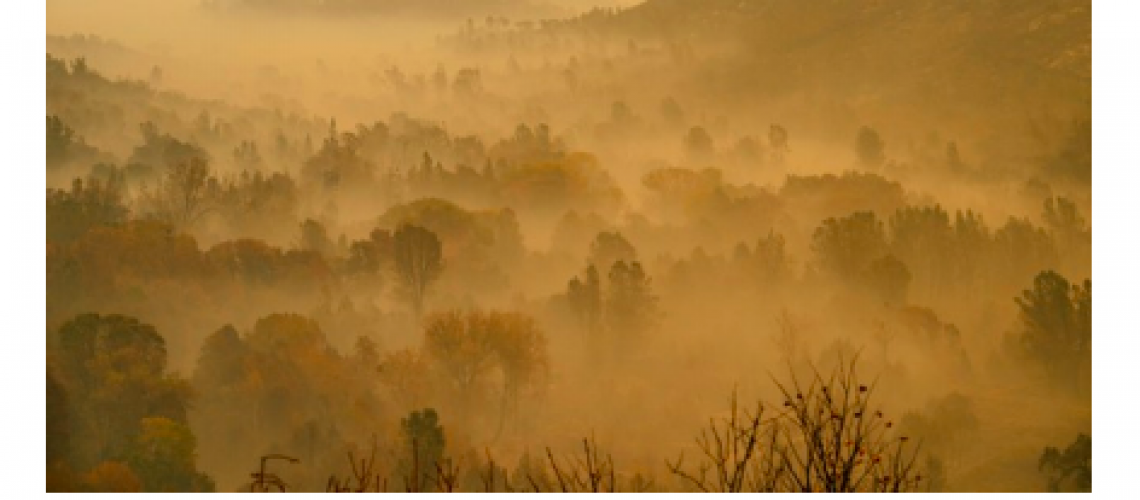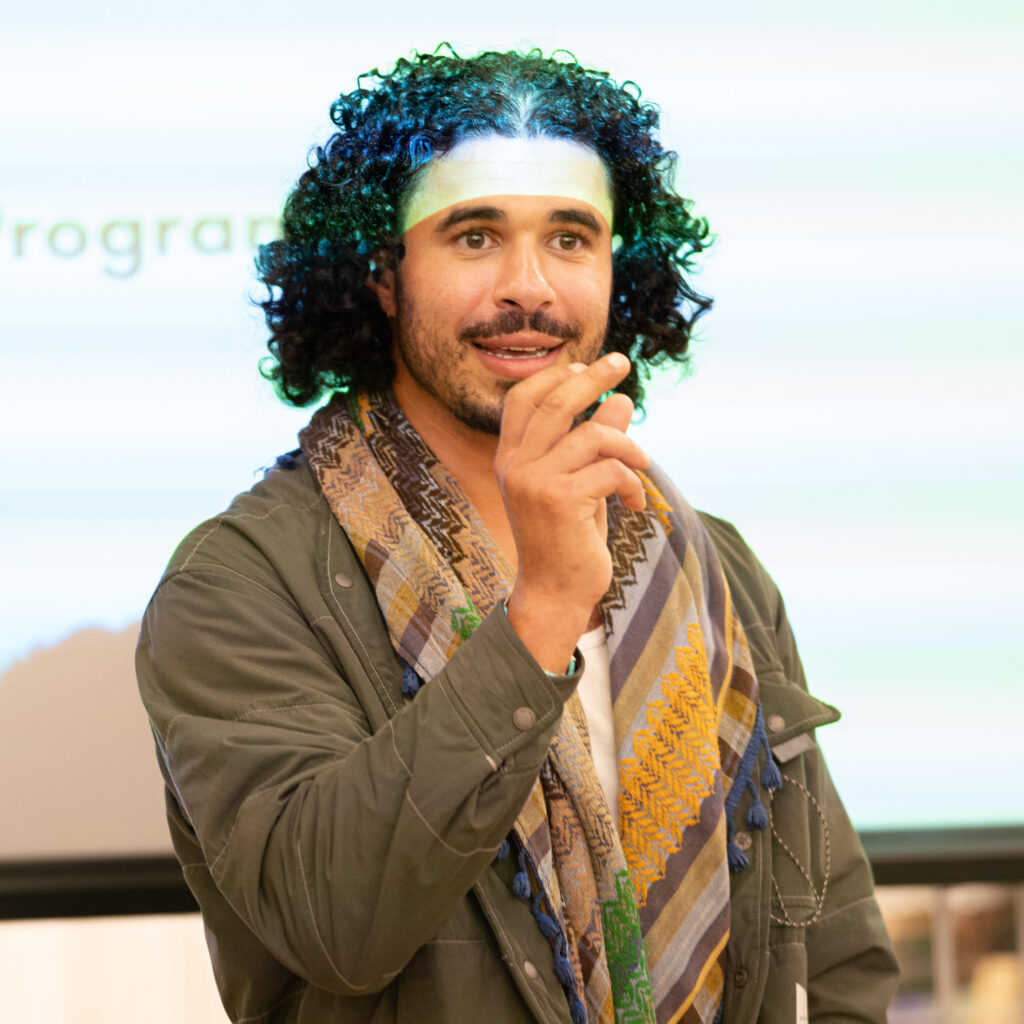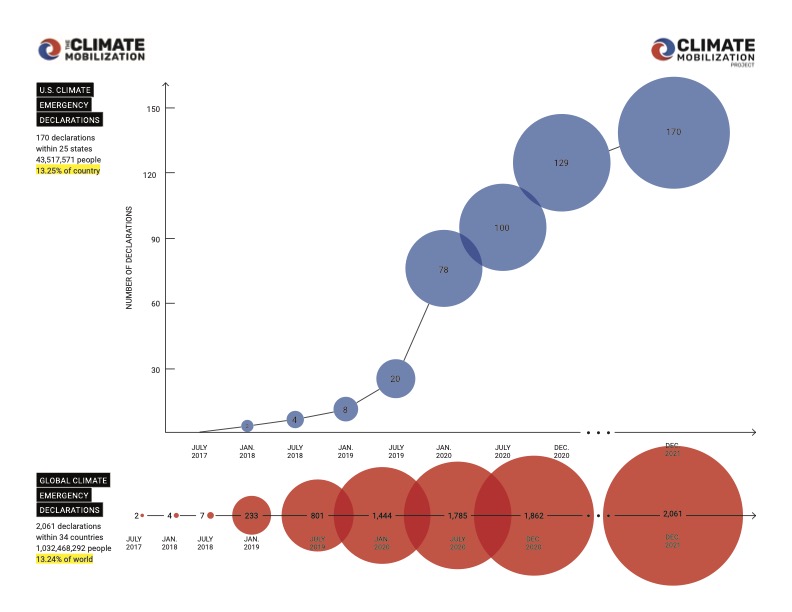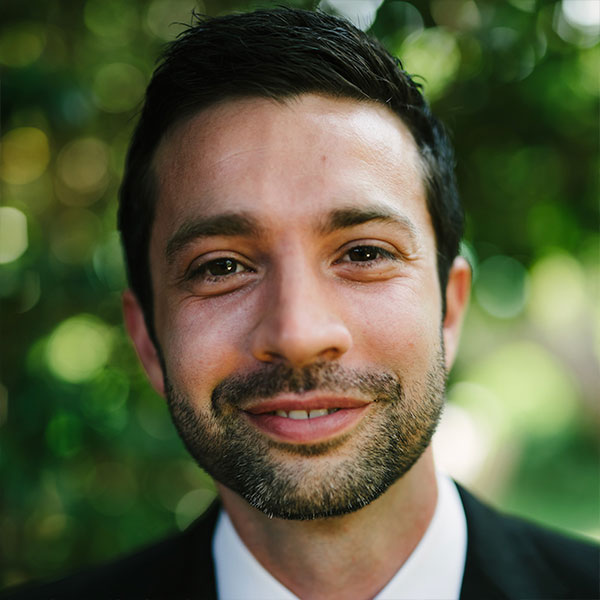Climate Mobilization News
The past few weeks have seen huge, hopeful developments toward mobilizing the United States to address the Climate Emergency. We’re pleased to share a snapshot of recent developments:
 Map: youthclimatestrikeus.org/strikes
Map: youthclimatestrikeus.org/strikes
-
The youth-led Climate Strike movement is launching over 150 events in the U.S. and 1,659 globally on Friday March 15! A key demand of the Youth Climate Strikes is “the climate crisis should be declared a national emergency because we are running out of time.” We agree!
-
The New Yorker featured TCM founder and executive director Margaret Klein Salamon in an in-depth exploration of the psychology of climate change and how we find a way to fight this seemingly insurmountable threat.
-
On March 13, Margaret Klein Salamon appeared alongside Author of The Uninhabitable Earth: Life After Warming, David Wallace Wells, Tribal Member of the Ramapough Lenape Nation, Lehman A. Mann, Sunrise Movement co-founder, Sara Blazevic and NRDC Publications Director, Mary Annaïse Heglar at Artists Declare Climate Emergency, an event cosponsored by The Climate Mobilization and Art not War. Designed to “raise awareness and chart solutions for a regenerative tomorrow,” the event gathered creative thinkers and leaders in art and culture to sit with the painful truths of Climate Emergency and discuss a way forward.
Click here to watch a recording.
-
California State Assembly Member Todd Gloria called for a national mobilization to address the threats posed by Climate Emergency. Gloria spoke at a press conference with State Senators Henry Stern and Nancy Skinner, and Assembly Members Wendy Carrillo and Eduardo Garcia, who are working together to craft legislation to make California a leader in declaring a Climate Emergency and getting a mobilization started asap.
Watch the full press conference here.
-
The Climate Emergency Movement is growing! 31 local governments in Australia, Switzerland, the United Kingdom, and Canada declared a Climate Emergency in February.
Check out a complete listing of declared governments on our website.
-
As journalists, scientists, and pundits analyze the Green New Deal, one thing has become clear: We have the technology to accomplish a radical transformation of our economy. Now we need the political will to do it! That’s where we all come in.
Pipeline Protesters
The Green New Deal resolution, discussed below, sets forth a vision for mobilizing and transforming our economy and agriculture toward sustainable, renewable technologies and energy sources through government investment, social welfare programs, and environmental regulation. Preventing climate catastrophe will also require radically reducing, if not eliminating, the use of fossil fuels—and overcoming a $2 billion lobbying campaign by fossil fuel companies in the U.S. alone to preserve their profits at the expense of human and animal life on this planet. Increasing numbers of activists are also approaching the ongoing extraction of fossil fuels as a threat to human civilization and taking tremendous risks to try to stop it.
On October 11, 2016, five men and women cut through fences and shut down pipelines in North Dakota, Washington, Montana, and Minnesota that carried nearly 70 percent of the crude oil imported from Canada into the United States. The Valve Turners, as they called themselves, committed these coordinated acts of civil disobedience as a direct effort to slow down the burning of fossil fuels and draw attention to the crisis of climate change. Faced with the possibility of human extinction, these pipeline protesters felt called to act in radical ways.
 image: Appalachians Against Pipelines, Facebook
image: Appalachians Against Pipelines, Facebook
The Valve Turners are one of many groups putting their bodies and lives on the line in efforts to physically stop the extraction and flow of oil and gas. The goal of these protests is to prevent oil companies from transporting oil and thus to force them to “leave it in the ground.”. In Virginia, about a dozen young people have established a long-term tree-sit at the Yellow Finch action camp to prevent the construction of the proposed Mountain Valley Pipeline, which would transport natural gas through Appalachia.
In Louisiana, a small camp of protesters have formed the L’eau Est La Vie (Water is Life) protest camp in Chittimacha Atakapaw territory. Members of the L’eau Est La Vie camp have chained themselves to equipment, engaged in tree sits, and formed kayak blockades to stop the Bayou Bridge Pipeline. The BBP is the final leg of the Dakota Access Pipeline, whose construction in North Dakota prompted the Standing Rock protests of 2016-2017 led by youth and Water Protectors of the Standing Rock Sioux. (A suit by Energy Transfer against Greenpeace and an Oglala Lakota organizer, Krystal Two Bulls, alleging the protests were the product of an unlawful conspiracy was dismissed last month.)
 image: Mary Pember via Colorlines
image: Mary Pember via Colorlines
Indigenous communities and indigenous young people have led and been on the front lines of many of these direct actions to stop pipelines. First Nations peoples throughout Canada have invoked tribal sovereignty over unceded lands in efforts to prevent the expansion of Kinder Morgan’s Trans Mountain pipeline and TransCanada’s proposed Coastal GasLink pipeline. And many indigenous groups, such as the Indigenous Environmental Network, have heralded the Green New Deal as a critical first step in decarbonizing our economy. The impending global climate catastrophe and the rights and sovereignty of indigenous people are deeply related:
Globally, indigenous peoples are engaging in forms of land management crucial to carbon sequestration (especially in the Amazon, where both the rainforest and its people are threatened by President Bolsonaro of Brazil). Indigenous peoples are also among the first and most severely affected as we begin to experience the effects of unfettered carbon use. But indigenous thinkers and activists like Leanne Betasamosake Simpson have also demanded that we think of climate change “as part of a much longer series of ecological catastrophes caused by colonization and accumulation-based society,” and encouraged climate activists to reexamine even more fundamentally how humans relate to planetary limits.
If we think of Climate Mobilization, and the Green New Deal, as drawing inspiration from the massive, society-wide efforts at collective action and transformation during WWII, the pipeline protesters can be compared to resistance fighters: Taking enormous personal risk, on a small scale, to fight a world-historical threat— and hoping to inspire all of us to sacrifice, and risk, in the service of our future as a species.

Green New Deal is having a significant impact on 2020
On February 7, Representative Alexandria Ocasio-Cortez (D-NY) and Senator Ed Markey (D-MA) introduced House Resolution 109: Recognizing the duty of the Federal Government to create a Green New Deal.
(Read the text of the Green New Deal Resolution here.)
Many of the declared candidates for the Democratic nomination for President have voiced support for the Green New Deal. Co-sponsors in the Senate include Bernie Sanders, Cory Booker, Kamala Harris, Elizabeth Warren, and Kirsten Gillibrand. For more details, read this rundown of Presidential candidates’ statements on the Green New Deal and climate change.
On February 25, Sunrise Movement led a series of actions across the country demanding action on the Green New Deal from Senators and Representatives. More than 100 youth protesters occupied Senate Majority Leader Mitch McConnell’s office in D.C. to demand he co-sponsor the Green New Deal resolution. Young people from Youth vs. Apocalypse and Sunrise Movement confronted Senator Dianne Feinstein at her San Francisco office—and the video of her response went viral.
Thank you for reading! Please share this news and inspire your friends and family to join the Climate Emergency Movement.
Send tips on Climate Emergency Movement news to: TCM@theclimatemobilization.org.
Visit ClimateMobilization.org to get involved. Link up with us on Facebook and Twitter.

















